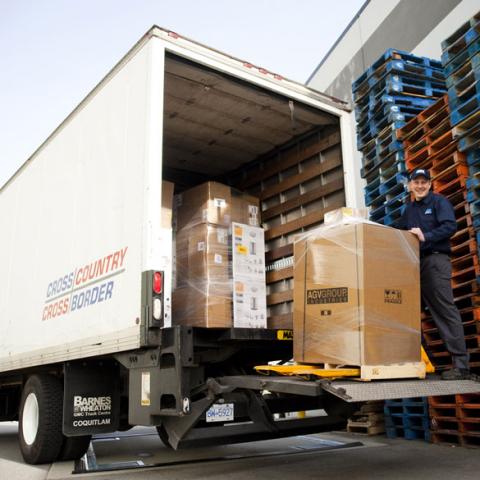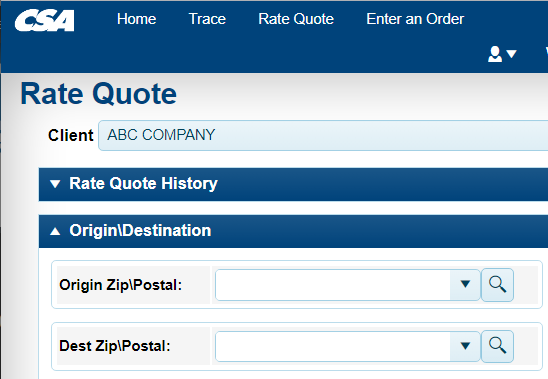Fences and Fees on the Border? Not Likely
Good news for international travelers and shippers: the U.S. won't be introducing border crossing fees at land ports of entry.
The U.S. Senate's judiciary committee voted on Thursday to amend the Immigration Reform Bill, banning a fee that the Department of Homeland Security had wanted the U.S. Congress to authorize. The fee would have been collected from everyone entering the U.S. at land crossings bordering Canada and Mexico.
American opponents of the fee argue that a border crossing charge would make U.S. border patrol agents “toll collectors instead of law enforcement,” and would cause damage to the economies of northern states and to the historic cultural ties that those states have to the Canadian provinces.
Canadians tend to agree. In Ottawa on Friday, Government House leader Peter Van Loan said he is "very pleased that the Senate committee in the U.S. has rejected the proposed border fee." Citing the critical importance of the movement of goods and people across the border, Van Loan said,
"A border fee like this would have been very damaging to both the American and the Canadian economy as we work to ensure our economic recovery, continued job creation and economic growth.
But that isn't the last of the border issues. The U.S. Senate's judiciary committee also voted Thursday against a fence proposed to be constructed on the Canada-U.S. border, in a move that has been called "nonsensical" and a "militarization of the border" by Canadian critics.
Many experts agree that making movement difficult between the two countries would damage both economies and trade. Canadians spend more than $21 billion annually in the U.S, and shipping between Canada and the US has recently very positively impacted the Canadian economy and American manufacturing.





